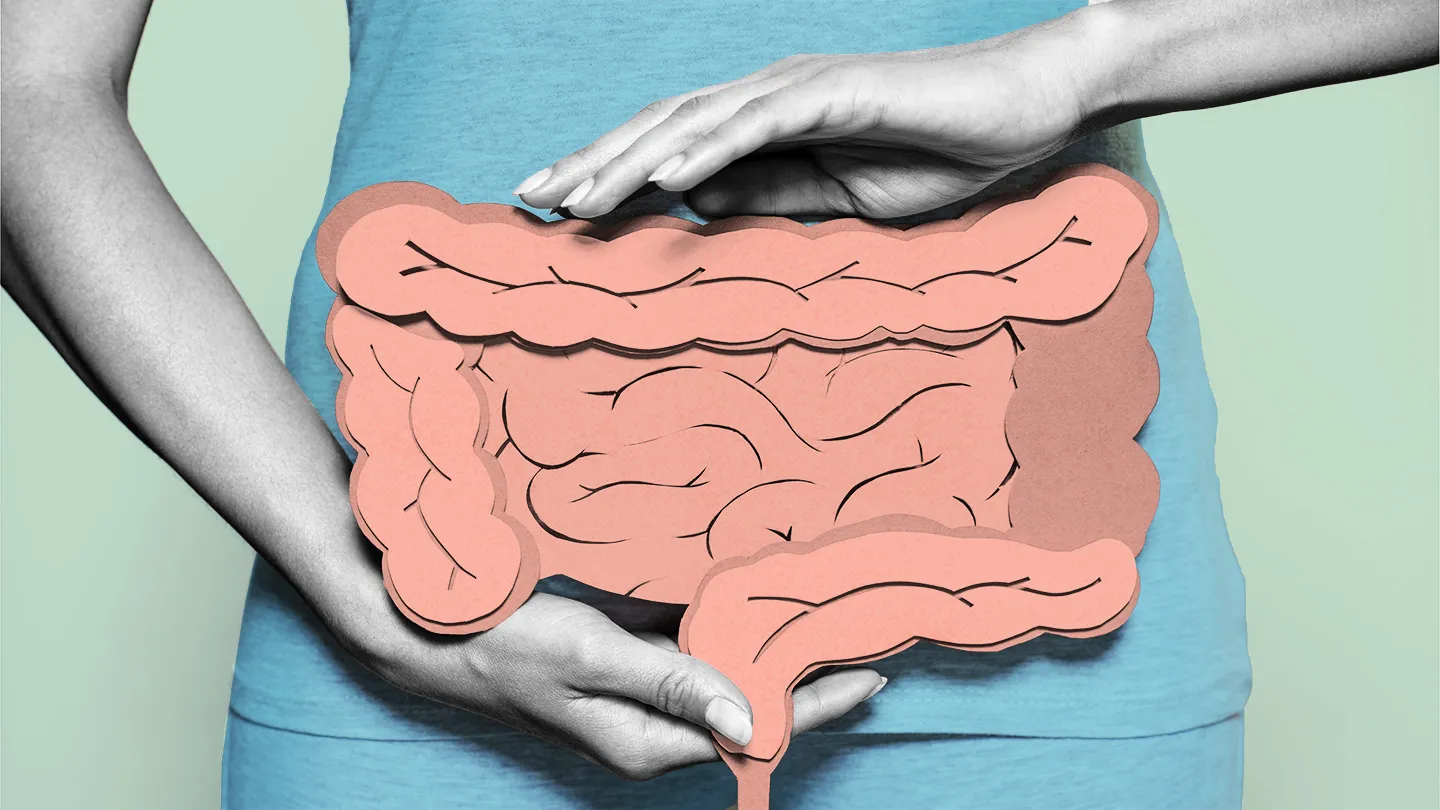
Irritable Bowel Syndrome, commonly known as (IBS), is a chronic digestive disorder that affects the large intestine. It is not life-threatening, but it can greatly affect the quality of life if ignored. Millions of people suffer from this condition worldwide, and the symptoms may come and go with time.
In this blog, we will discuss the causes, symptoms, and treatment options for Irritable Bowel Syndrome, along with the importance of seeking proper consultation.
What is Irritable Bowel Syndrome?
Irritable Bowel Syndrome is a functional gastrointestinal disorder that leads to problems like abdominal pain, bloating, gas, and irregular bowel movements. It is more common in adults but can also affect younger individuals. Unlike other digestive problems, IBS does not cause permanent damage to the intestines, but it needs proper care and lifestyle management.
Common Causes of Irritable Bowel Syndrome
The exact cause of IBS is still unclear, but several factors may contribute to it:
- Abnormal muscle contractions in the intestine
- Nervous system imbalance
- Stress and anxiety
- Food intolerances (dairy, gluten, spicy foods, etc.)
- Gut infections
- Hormonal changes (common in women)
Symptoms of Irritable Bowel Syndrome
The signs and symptoms of IBS may vary from person to person, but the most common include:
- Abdominal pain or cramps
- Bloating and excessive gas
- Loose stools (diarrhea) or hard stools (constipation)
- Alternating diarrhea and constipation
- Mucus in stool
- Feeling of incomplete bowel movement
- Fatigue and disturbed sleep
If you experience these symptoms frequently, it could be a sign of Irritable Bowel Syndrome that should not be ignored.

Natural Remedies and Lifestyle Tips for IBS
Managing IBS often requires lifestyle changes and natural remedies:
- Dietary changes: Avoid junk food, processed items, and foods that trigger symptoms.
- Increase fiber intake: Helps regulate bowel movement.
- Stay hydrated: Drink enough water daily.
- Stress management: Practice yoga, meditation, and breathing exercises.
- Exercise regularly: Keeps digestion active.
- Probiotics: Improve gut health and reduce symptoms.
Ayurvedic Approach for Irritable Bowel Syndrome
Ayurveda considers IBS as a result of imbalanced doshas (mainly Vata and Pitta). Herbal formulations, digestive tonics, and lifestyle corrections are often recommended. Natural herbs like Triphala, Amla, Ajwain, and Isabgol are beneficial in easing digestion and restoring balance.
When to Seek Consultation
Ignoring IBS can lead to long-term discomfort and other digestive issues. If you have recurring symptoms, it’s best to consult an expert.
👉 You can get expert Ayurvedic consultation at Vedic Upchar to understand your symptoms and get personalized treatment. Fill out this form for consultation: Vedic Upchar Doctor Consultation
Conclusion
IBS is a manageable condition, but it requires timely care, proper diet, and lifestyle changes. Ayurveda offers safe and natural solutions to ease the symptoms and improve digestion. Don’t ignore the signs—get the right consultation to manage your gut health effectively